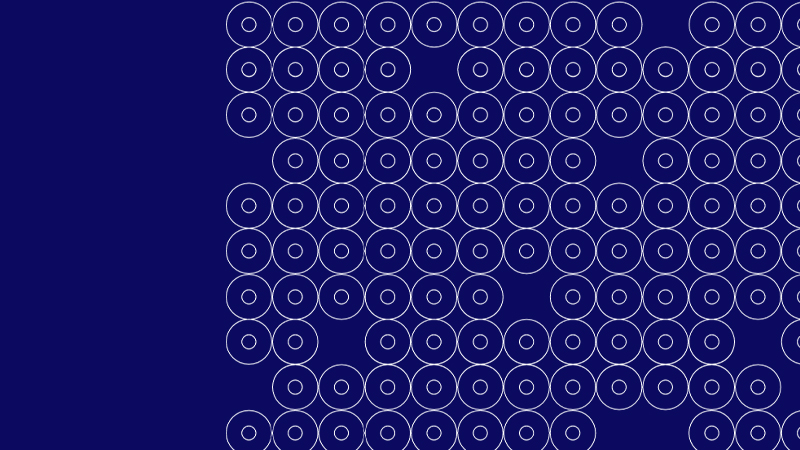The call AMR Networks/Working groups sets out to assemble motivated groups of leading experts and establish Working Groups in order to enhance resource alignment and maximise existing and future efforts to combat AMR by pushing forward the conceptualisation of ideas.
The Working Groups will for example produce white papers, prospective views, guidelines, and/or best practice frameworks to identify key questions to be address or identify potential solutions to overcome barriers to antimicrobial resistance research studies.
Based on the priority topics identified in the JPIAMR Strategic Research Agenda, applicants are invited to tackle one or more of the suggested focal areas. Examples of questions within the areas are provided as a guide; however, those examples are neither mandatory nor limiting. Working Groups should be built with emphasise on what is needed at a National and International level to address AMR.
Suggested focal areas
- Guidelines on use (Human & Veterinary) – Affordable stewardship
- Surveillance in primary care
- New anti-infective/ New adjuvant therapies / Alternative approaches
- Evaluation of risk for generation of resistance in human setting
- Rapid diagnostic tests
- Role of environmental factors
- Infrastructures/Biobanks available relevant to infection and AMR
Information & application
This call is closed.
Call text AMR Networks/Working Groups 2016 (pdf 0,6 MB)
Related material
A final workshop, Maximising Existing and Future Research Efforts and Resource Alignment to Combat AMR, was organised in Frankfurt am Main, Germany, in March 2018. The full workshop report can be downloaded here: Workshop report: Maximising Existing and Future Research Efforts and Resource Alignment to Combat AMR (pdf 1,2 MB)
Filmed interviews with coordinators of some of the funded JPIAMR Networks can be found here: Results from the 4th JPIAMR Joint Call “AMR Networks/Working Groups”: Interviews with network coordinators March 2018
Funders
Belgium
The Research Foundation – Flanders (FWO)
Canada
Canadian Institute of Health Research (CIHR)
France
French National Research Agency (ANR)
Germany
The Federal Ministry of Education and Research (BMBF)
The Netherlands
The Netherlands Organisation for Health Research and Development (ZonMw)
Norway
The Research Council of Norway (RCN)
Spain
Instituto de Salud Carlos III
Sweden
Swedish Research Council (SRC)
United Kingdom
Medical Research Council (MRC)
Supported projects
Thirteen networks with approximately 160 partners were funded within the 4th JPIAMR Joint Call “AMR Networks/Working Groups”. Each funded network received approximately €50,000 to work on the development of different AMR policy recommendations and research strategies. Click on the network titles in the list below to learn more on each network.


